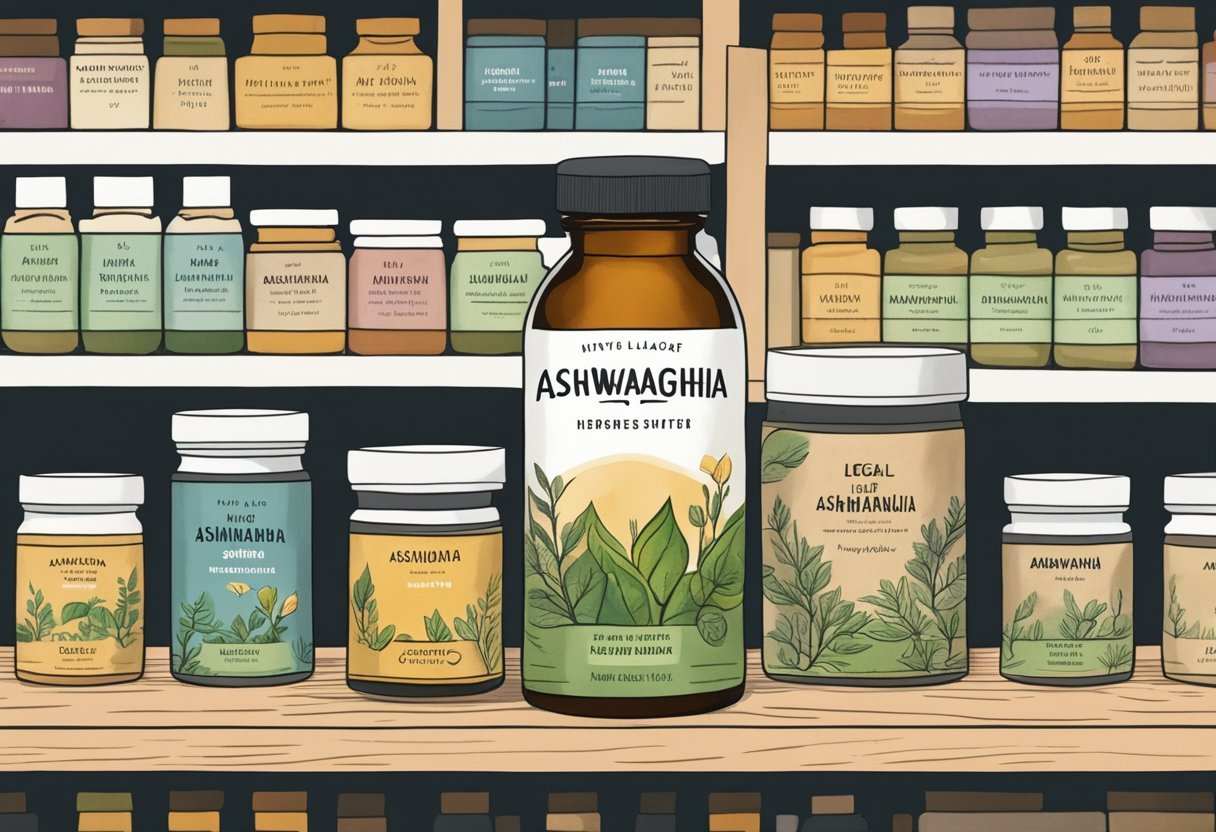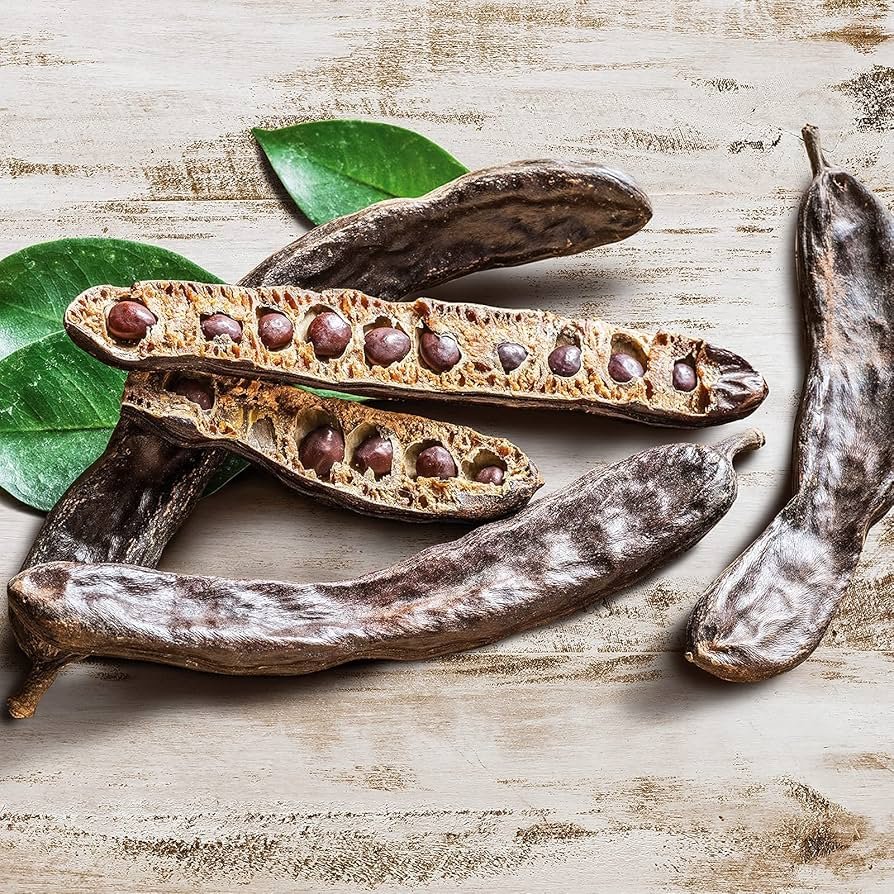Anxiety is something I’ve faced more times than I can count, and over the years, I’ve tried just about everything to keep it in check. Medications worked, sometimes, but the side effects made me uneasy. That’s when I turned to natural solutions, and let me tell you, herbal remedies have been a game changer. It’s fascinating to me how nature, in all its simplicity, offers powerful solutions that can rival even modern medicine.
I started experimenting with herbal remedies like chamomile, lavender, and valerian root, and while they worked to varying degrees, it wasn’t until I found Ashwagandha that I truly felt balanced. It was like the missing piece of the puzzle. My energy returned, my sleep improved, and my mind finally quieted down. I know I’m not alone in this. Many people are looking for that one remedy that makes them feel whole again.

In this article, I want to take you through some of the top herbal remedies for anxiety that I’ve found useful. But more importantly, I’ll explain why Ashwagandha stands out for me and for so many others. From my own experience to the stories of friends and clients, you’ll get an inside look into how these herbs can truly change the way you deal with anxiety.
1. Ashwagandha: The Stress Slayer
What is Ashwagandha?
If you’ve never heard of Ashwagandha, let me introduce you to one of nature’s most powerful adaptogens. It’s an ancient herb, used in Ayurvedic medicine for thousands of years, primarily to help the body cope with stress. I first came across it when I was researching adaptogens—herbs that help the body adapt to stress. Ashwagandha immediately caught my attention, and after trying it for just a few weeks, I noticed a shift.
I’ve been through periods where stress feels overwhelming, like when deadlines are looming or personal challenges feel insurmountable. Ashwagandha has been my lifeline during these times. It works not by numbing anxiety but by fortifying your body and mind, helping you bounce back quicker and stay calm under pressure.
Benefits of Ashwagandha for Anxiety
- Reduces Cortisol Levels: Cortisol, often called the stress hormone, is something we all have in our bodies. But when it gets too high, that’s when anxiety spikes. I’ve noticed that when I take Ashwagandha regularly, my body feels calmer because it lowers those cortisol levels naturally.
- Boosts Energy and Focus: One of the things I really appreciate about Ashwagandha is that it doesn’t just help with anxiety; it also gives me energy and mental clarity. Some herbs make you feel sedated, but this one helps me stay sharp and focused while also easing stress.
- Improves Sleep Quality: We all know that anxiety and sleep are closely connected. When my anxiety is high, my sleep suffers. Ashwagandha has helped me break that cycle. I fall asleep faster, stay asleep longer, and wake up feeling refreshed, which, of course, reduces my anxiety even more.
My Personal Story with Ashwagandha
A few years ago, I had a massive project at work, and it felt like the weight of the world was on my shoulders. Sleep was nonexistent, and my mood was all over the place. I was irritable, anxious, and exhausted. That’s when I decided to give Ashwagandha a try. Within the first two weeks, I started to notice a difference. I wasn’t as frazzled, and I actually felt energized throughout the day. It’s not an exaggeration to say Ashwagandha helped me navigate one of the most stressful periods of my life.
2. Chamomile: The Calming Cup
The Power of Chamomile Tea
Chamomile is probably one of the most well-known herbs for relaxation, and for good reason. It’s gentle, effective, and something I often recommend to people who are just starting out with herbal remedies. There’s something soothing about sitting down with a warm cup of chamomile tea in the evening. It’s a ritual I like, especially after a long, hectic day.
Why It Works
Chamomile contains compounds that bind to the same receptors in the brain that medications like Valium do, promoting relaxation and easing anxiety. It’s mild enough for everyday use and doesn’t make you feel groggy. In my experience, it’s great for situational anxiety—those moments when you just need to wind down.
Chamomile in Daily Life
I once had a client who swore by chamomile tea for her pre-bedtime routine. She had trouble shutting her brain off at night, and the act of brewing the tea became a signal to her body that it was time to relax. Over time, she noticed a reduction in her overall anxiety levels as her sleep improved.
3. Lavender: The Fragrant Anxiety Fighter

Why Lavender Stands Out
Lavender is another favorite of mine, especially for its versatility. You can use it in essential oils, teas, or even as a fragrance in your home. There’s a reason why lavender is so often associated with calmness. The scent alone can help reduce feelings of anxiety. I keep a lavender-scented pillow spray in my room and use it regularly when I need to unwind. It’s like an instant reset.
Using Lavender in Different Ways
- Aromatherapy: I’ve found that simply diffusing lavender essential oil in my home creates an environment of calm. It’s subtle, but it works.
- Topical Use: You can apply diluted lavender oil directly to your skin for immediate relaxation. I like to use it on my wrists before I head into stressful situations like meetings or social gatherings.
- Tea: Lavender tea isn’t as popular as chamomile, but it’s just as effective. It’s one of those herbs that can be paired with other calming remedies for an even stronger effect.
4. Valerian Root: Nature’s Tranquilizer
A Stronger Option for Severe Anxiety
If you struggle with severe anxiety, valerian root might be something worth exploring. It’s much stronger than chamomile or lavender, and while I don’t use it often, I have in the past when my anxiety was at its worst. Valerian root is known for its sedative effects, so it’s best taken in the evening or before bed.
How It Helps
Valerian works by increasing the amount of a chemical called gamma-aminobutyric acid (GABA) in the brain, which helps regulate nerve impulses. It’s a bit more intense, so I recommend using it only when you really need to calm down, not as a daily remedy.
5. Passionflower: A Lesser-Known Gem

The Quiet Hero of Herbal Remedies
Passionflower isn’t as well-known as the other herbs I’ve mentioned, but it’s quietly powerful. I’ve used it occasionally in tincture form when I needed an extra push to calm my nerves. What I love about passionflower is that it’s gentle but effective. It doesn’t knock you out or make you feel overly sedated. Instead, it takes the edge off in a very subtle way.
Conclusion:
Anxiety is a complex issue, and there’s no one-size-fits-all solution. But if you’re like me, and the idea of natural remedies appeals to you, then herbs like Ashwagandha, chamomile, lavender, valerian root, and passionflower can be game changers. I encourage you to try different herbs and see what works for you. For me, Ashwagandha remains a favorite because it’s not just about calming my nerves—it’s about building long-term resilience. Give these herbs a try, and you might just find the natural solution you’ve been looking for.









